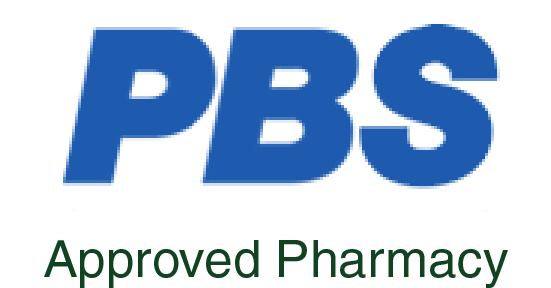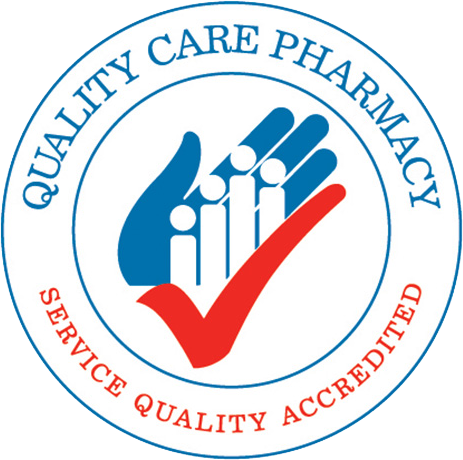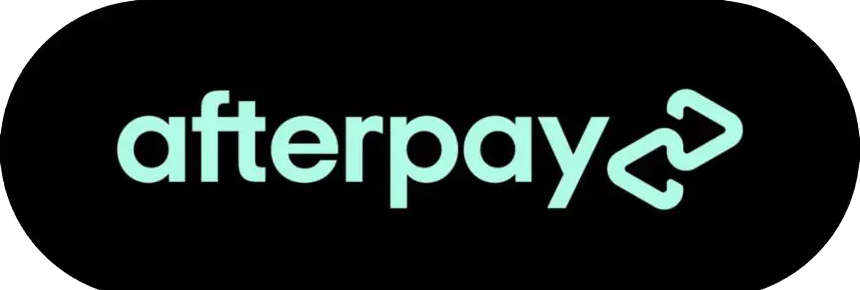Drug Abuse
A drug is any substance, other than a food, which affects the body in any way. Therefore the over indulgence in these types of substances to the detriment of the body’s health and well-being, can be classified as drug abuse.
What to look for
-
behavioural changes which affect relationships and performance at work or school
-
in children, abrupt changes in mood or attitude, temper tantrums, or increased secrecy.
-
loss of money or valuables in the household that cannot be explained
-
your child possesses large or unexplained sums of money
-
deterioration of person’s appearance
-
loss of interest in favourite sports, hobbies or interests
-
new acquaintances and snubbing of old friends or family
-
memory loss and accident proneness
Specific symptoms depend on the drug:
-
Extreme weight loss, dilated pupils, insomnia, and trembling
-
Lethargy, slurred speech, lack of balance, constricted pupils, or excessive sleep
-
Mood swings, red eyes, dilated pupils, slowed time sense and reflexes, dizziness, and lethargy
-
Ulcerated nostrils are typical of cocaine sniffing; a runny nose or sniffles are typical of smoking crack cocaine or needle marks on the arms
-
Weight loss, lethargy, mood swings, excessive sweating, slurred speech, constricted pupils, and poor appetite
-
Hallucinations, dilated pupils, trembling, and sweating
If either a legal or illegal drug is used sufficient to cause the abuser either physical, social, emotional or mental harm it can be termed drug abuse. Addiction or dependence is the compulsive, lasting use of a drug.
The habitual abuse of legal drugs is a huge problem worldwide. Most of these drug abusers will not admit there is a problem and blame their lifestyle, families or work.
Drugs most likely to be abused –
Depressants: Sleeping pills and anti depressant drugs are among the most prescribed medications in the world. The effects are similar to those of alcohol: Small doses can be relaxing, but large amounts may damage both mind and body. Taken with alcohol there can be fatal consequences. Doctors are usually very careful in prescribing these drugs as the consequences can be addiction or overdose.
Stimulants: Stimulants can cause rapid speech, ‘highs’ and agitation. People addicted to amphetamines, or uppers, often try to calm themselves down with depressants, or downers, and become caught in an exhaustive cycle. A more powerful and addictive stimulant is cocaine; the smoked version called crack is also highly addictive.
Opiates: This includes, opium, heroin and morphine. The addiction usually causes depression, anxiety, low self-esteem, and inability to cope with life, tremors, hypoactivity, fever, vomiting, diarrhoea, sweating, sneezing, and eventually convulsions.
Marijuana: Smoking marijuana can dull short-term memory, motivation, and energy levels. Chronic use brings increased heart rate, vision problems, slowing of reflexes, apathy, cardiovascular problems, panic attacks, poor working of the lungs, changes in sex hormones, and increased risk of lung cancer. It is debateable as to whether Marijuana is addictive. However, users are more likely to use cocaine than are non users.
There are other commonly used drugs which if abused can cause physical, social, emotional and mental difficulties. These include:
-
Alcohol
-
Cigarettes/cigars
-
LSD
-
Steroids
-
Misuse Of Legal Drugs
Causes
Doctors and other experts disagree on the causes of substance abuse but it is agreed that it is much more than a lack of will power. Certain causes have been identified, such as:-
-
Hereditary factors
-
Social factors – poverty, family problems
-
Peer group pressure
One problem which exacerbates the drug abuse is the abusers refusal to face up to the fact that it is possible for them to become addicted to the drug. Abusers seem to think that they will not have to face this reality.
Traditional Treatment
Treatment involves withdrawal and recovery.
The most important step in treating drug abuse is awareness of the problem. Family, friends, or a professional must reinforce and encourage your resolve.
The type of treatment that is needed will depend the severity of the problem. It is advisable to see your doctor who can put you in touch with the appropriate groups and counsellors as well as help you withdraw carefully from the type of drug that you are addicted to (as many have serious consequences if withdrawal is not performed under supervision). There may be a need for certain medications and vitamin supplements.
After withdrawal you are in the recovery stage and it is vitally important that you do not put yourself into situations that can trigger a relapse. Such as mixing with people that are known to use the drugs that have been a problem for you. It is the part of the process when you must change your lifestyle and habits. This is where the support of groups and positive family and friends can be of great benefit.
Alternative/Natural Treatments
Herbal Therapies – Cleansing the body of toxins is an important step in healing…
-
Milk thistle (Silybum marianum), is taken to strengthen the liver.
-
Wild oat extract, burdock (Arctium lappa) root, echinacea (Echinacea spp.), and licorice (Glycyrrhiza glabra) cleanse the blood,
-
while skullcap (Scutellaria lateriflora), valerian (Valeriana officinalis), and vervain reduce anxiety.
See a professional for dosages.
Dietary Considerations
Traditionally drug users have eaten poorly and need to commence a balanced diet with an emphasis on fresh fruit and vegetables, protein and complex carbohydrates. Ask your doctor about the need for supplements.
When to seek further professional advice
-
You have, or a family member has any of the symptoms above










